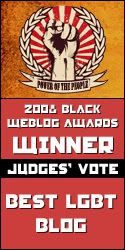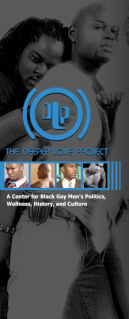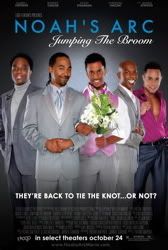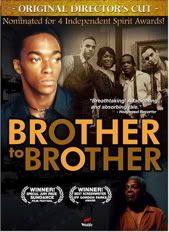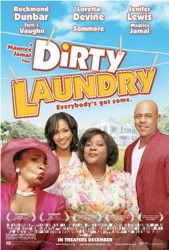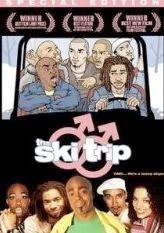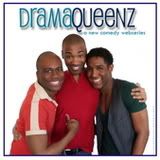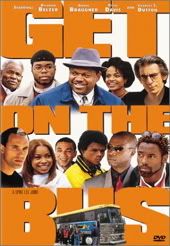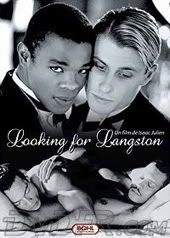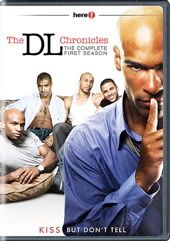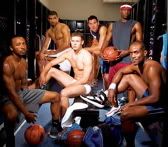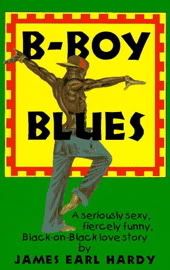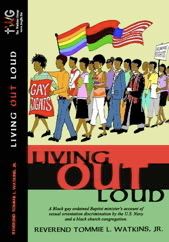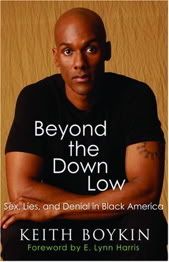On February 25, 2014 I shared the late DC gay rights activist Mel Boozer's address to the 1980 Democratic National Convention during Alabmama State University's annual Black History Month Oratorical Contest. The video of my presentation and my reaction to what occured following my speech is below.
via Facebook:
"I'm experiencing so many different emotions following this speech. I knew when I chose it that there may be some in the audience and even on the judge's panel who would outright reject the content of the speech and my audacity to deliver it. I was right. Regardless of the obstacles that presented itself, I stood at the podium and OWNED every part of my identity and those who came before me who were silenced. This is not a third place speech, but that is the certificate that is tucked away in my bag. I'll be reminding myself throughout the day as I process what occured, that this speech was for the black gay boy in the yellow shirt towards the back of the auditorium whose face beamed with PRIDE as the totality of our identity was CELEBRATED and not DENIGRATED." #myASU #black #lgbt
Official response to ASU press:
"It was an honor to be able to participate in ASU's Black History Month Oratorical contest and to be used as a vessel to tell the stories of our rich cultural history as African-Americans and our continued struggle for equality. I purposefully chose to veer away from the usual celebrated black heroes (i.e. Dr. King and Malcolm X) and elevate the message of Dr. Mel Boozer, an often forgotten black political leader and gay rights activist who has been written out of history as a result of black respectability politics and homophobia. During a time when lesbian, gay, bisexual, and transgender (LGBT) people of all colors, but specifically African-American LGBT's, are fighting for visibility, marriage equality, and equal protection under the law, Boozer's speech and ideology is as relevant today as it was when the speech was given in 1980. Not surprisingly, the content of my speech was met with resistance, with it's pro-LGBT message and acknowledgment of black gays and lesbians as human beings deserving of full equality and as equal contributors to the black civil rights movement. It was affirmed, at least to me, that at ASU it's perfectly acceptable to recite a speech by James Baldwin (which another contested did) but it's unacceptable to publicly acknowledge that Baldwin was gay (which I did).
Black gays and lesbians do exist. They exist on the campus of ASU. They exist in our families, churches, and communities and are an oppressed minority within a minority. "But it matters not which group is most oppressed, or who was first oppressed, or whether they are identically oppressed. What matters is that no group of people should be oppressed." With ASU planted firmly in the birthplace of the civil rights movement, it's time the entire faculty, student body, and yes, even the oratorical judges embrace equality for all. None of us are free until all of us are free."



